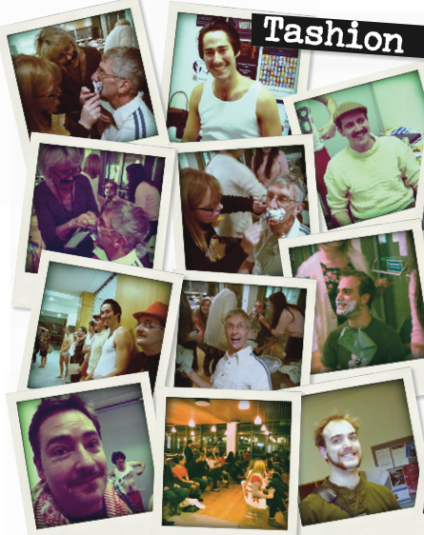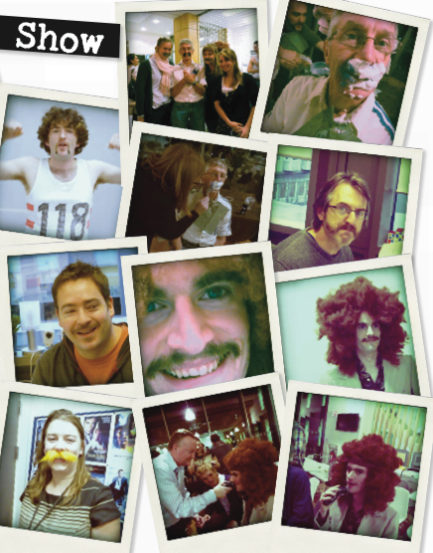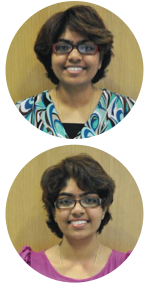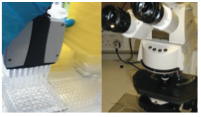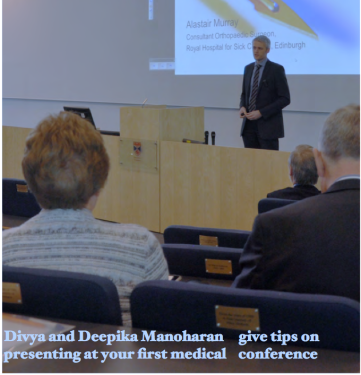 Sarah Laurie, 3rd-year medic, reflects on her personal experiences of mental health education and support.
Sarah Laurie, 3rd-year medic, reflects on her personal experiences of mental health education and support.
Mental health problems amongst medical students are common – this should come as no surprise. Amidst 100 highly intelligent members of the general public, one would expect to find approximately 20 with a mental illness. And yet, I am willing to bet that for every student who has ‘gone public’ about having a mental health condition, there are a handful who are struggling alone.
The mental health education in my school was shockingly poor and misinformed. After 14 years of compulsory PSHE lessons learning about things like periods, smoking, and abstinence, I cannot recall a single lesson in which obsessive-compulsive disorder was properly explained to me. During our teenage years, we have to balance a heavy workload and simultaneously navigate the emotional minefield of sexuality, health, goals, and aspirations – it is no wonder that 50% of mental illnesses manifest by the age of 14 [1]. So why does the government see no reason to educate us on the matter? If somebody told me that panic attacks weren’t normal reactions to sitting my GCSEs, or that sobbing into a mirror for hours at a time wasn’t just “being a teenage girl”, I may not have had to spend the majority of my teenage years struggling with mental illness.




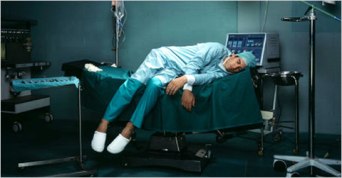
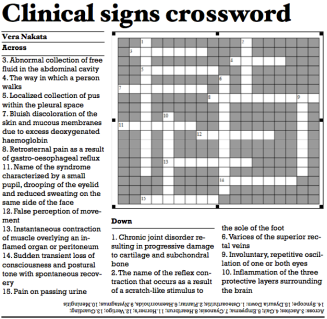
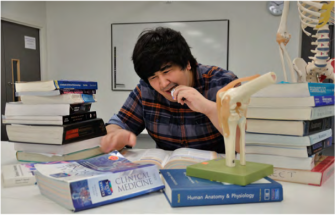
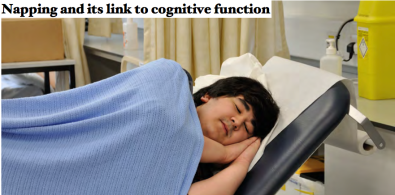
 Simon Friderichs, first-year, drifts through the murky universe of sleep physiology.
Simon Friderichs, first-year, drifts through the murky universe of sleep physiology. 